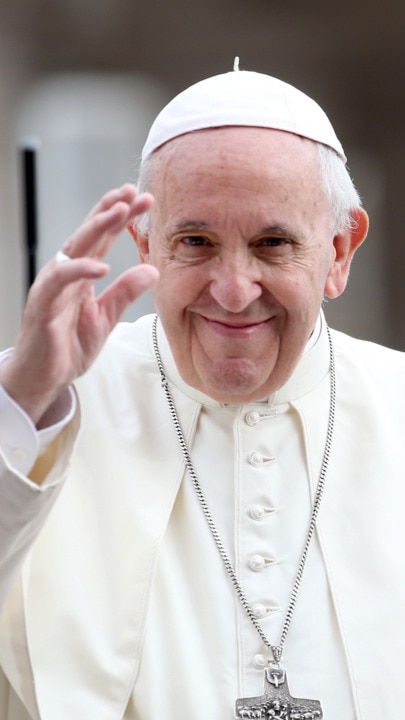Who was Pope Francis, and what legacy did he leave behind? The world mourned the passing of Pope Francis on April 21, 2025, but his impact on the Catholic Church and global society remains indelible. A man who redefined papal leadership through humility, compassion, and unwavering commitment to social justice, Pope Francis stood as a beacon of hope for millions worldwide.
Born Jorge Mario Bergoglio in Buenos Aires, Argentina, on December 17, 1936, Pope Francis emerged from humble beginnings to become the first pope from the Americas and the first Jesuit to hold the position. His choice of name—Francis—was inspired by Saint Francis of Assisi, symbolizing his dedication to serving those marginalized by society. From his early days as a chemistry student to his ordination as a priest in 1969, every step of his journey reflected an unyielding commitment to faith and service. As archbishop of Buenos Aires, he earned respect for his simplicity and pastoral approach, qualities that would later define his papacy.
| Biographical Information | |
|---|---|
| Full Name: | Jorge Mario Bergoglio |
| Date of Birth: | December 17, 1936 |
| Date of Death: | April 21, 2025 |
| Place of Birth: | Buenos Aires, Argentina |
| Parents: | Mario Bergoglio (father), Regina Sívori (mother) |
| Siblings: | Four siblings |
| Career & Professional Details | |
| Ordained Priest: | December 13, 1969 |
| Bishop Consecration: | June 27, 1992 |
| Elected Archbishop of Buenos Aires: | February 28, 1998 |
| Elected Pope: | March 13, 2013 |
| Papal Name: | Francis |
| Notable Works: | Laudato si' (2015), Evangelii Gaudium (2013) |
| Reference: | Wikipedia: Pope Francis |
Pope Francis' election in 2013 marked a significant shift in Vatican leadership. Known for his progressive stance on issues such as climate change, interfaith dialogue, and economic inequality, he challenged traditional norms while remaining deeply rooted in Catholic teachings. His encyclical Laudato si' addressed environmental degradation and called for collective action to combat climate change, earning praise from scientists, policymakers, and religious leaders alike. Through initiatives like reforming the Curia and promoting transparency within the Vatican Bank, Pope Francis demonstrated his resolve to modernize the Church's governance structure.
In addition to his policy reforms, Pope Francis was celebrated for his personal interactions with people from all walks of life. Whether visiting prisons, refugee camps, or impoverished communities, he consistently prioritized human connection over protocol. His willingness to engage openly with critics and skeptics further solidified his reputation as a compassionate leader. In his final years, despite declining health, Pope Francis continued to advocate for peace, reconciliation, and unity across denominations and nations.
Pope Francis' influence extended beyond the Catholic Church into broader societal debates about ethics, morality, and responsibility. By emphasizing the importance of care for creation and solidarity with the vulnerable, he inspired countless individuals to rethink their roles in addressing global challenges. Even after his death, his words and actions serve as guiding principles for those striving to build a more just and equitable world.
The legacy of Pope Francis lies not only in the policies he implemented but also in the example he set. He embodied the ideals of servant leadership, demonstrating that true authority stems from empathy and service rather than power or privilege. As we reflect on his life and contributions, it becomes clear that Pope Francis left an enduring mark on both the Church and humanity at large.
From his roots in Buenos Aires to his tenure as pontiff, Pope Francis remained steadfast in his mission to bridge divides and uplift the marginalized. His vision of a Church open to dialogue and inclusive of diverse perspectives resonated globally, proving that even amidst complex challenges, hope and transformation are possible when guided by faith and compassion.
As the Catholic Church moves forward, the lessons imparted by Pope Francis will undoubtedly continue shaping its direction. His emphasis on humility, integrity, and love serves as a reminder that leadership, whether spiritual or secular, must always prioritize the well-being of others above self-interest. In this way, Pope Francis ensured that his papacy would endure long after his passing, inspiring future generations to carry forth his values and aspirations.



